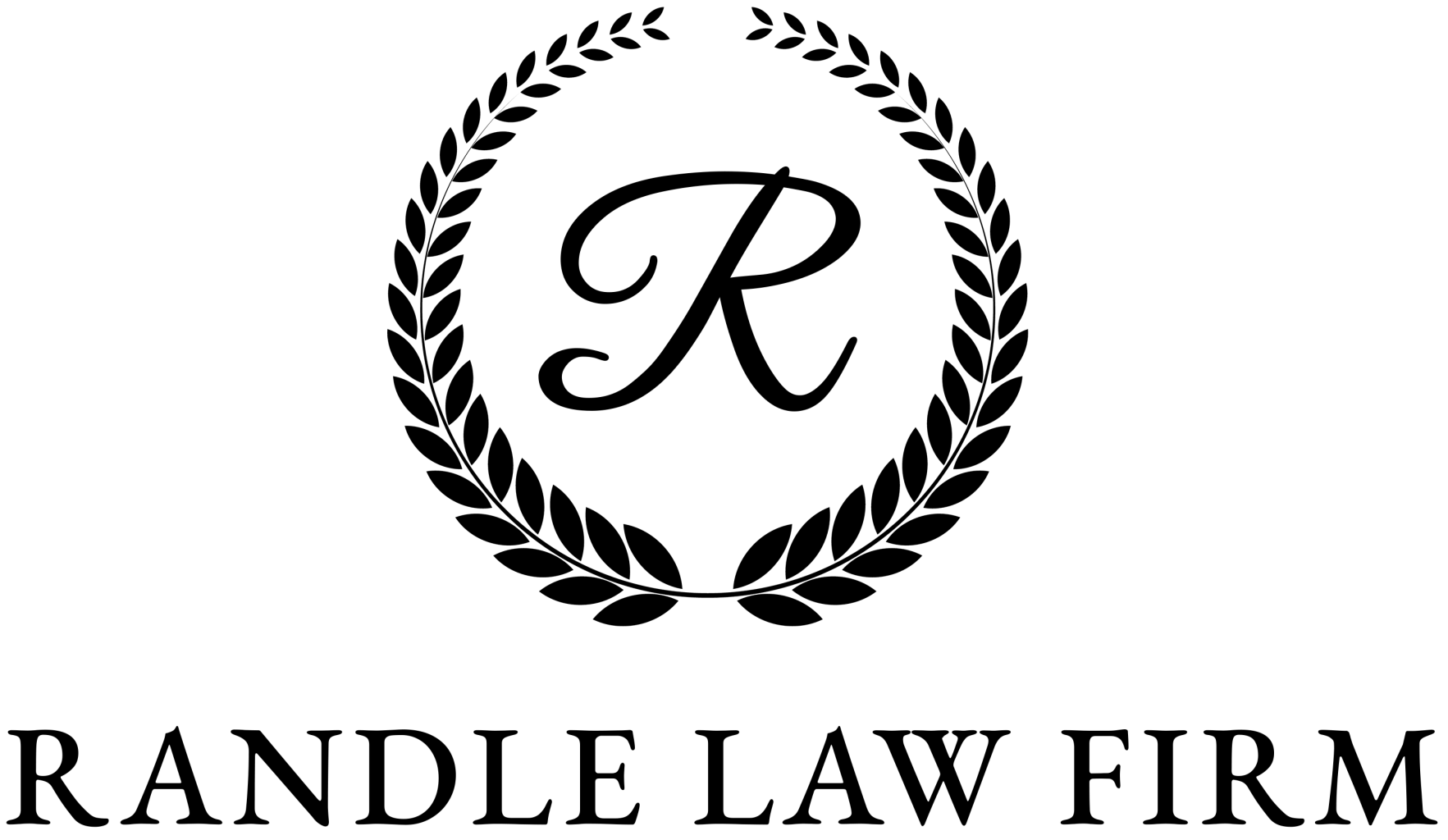Location:
8898 Old Lee Hwy
Suite 106
Ooltewah, TN 37363
Email: april@aprilrandlelaw.com
Phone: 423-521-8000
Fax: 423-521-8001
When To Declare Chapter 7 Bankruptcy & How To Bounce Back
When To Declare Chapter 7 Bankruptcy & How
To Bounce Back
Declaring bankruptcy. Why is it called a “declaration?” No one wants to stand atop a mountain and shout to the world that they feel they have failed. Declarations of this kind can be embarrassing, and no one wants to admit that they are not in control of their finances.
The trouble is that practically every American currently has some form of debt, whether it is in the form of credit cards, mortgages, school loans, etc. The amount per person can be large or small, but the fact is, the total outstanding consumer debt in the U.S. was $3.076 trillion as of October 2013. The question then becomes, how much debt is too much debt? When is it time to file for bankruptcy?
Generally speaking, it’s wise to treat bankruptcy as a last resort, and it’s important to know that a Chapter 7 liquidation is only available every 8 years. Therefore, if you can afford to pay your debt over time and your creditors are working with you, you may want to avoid filing a Chapter 7. Additionally, some individuals are “judgment proof,” meaning, even if a creditor sues you over a debt, there is nothing the creditor can take from you. This is sometimes true for those drawing social security where there are no wages to garnished or property creditors can take. In many other cases, however, creditors are not reasonable in their collection attempts and people have plenty of assets to protect, so that bankruptcy is the best or only choice.
There are always advantages and disadvantages to filing for bankruptcy. Here are just a few:
- Advantages of Chapter 7
- Stop creditors from calling
- A Chapter 7 bankruptcy could be finalized from start to finish in as little as 90 days.
- Gives you the ability to rebuild credit in a short period of time
- Avoid lawsuits and garnishments
- Stop lawsuits and garnishments that have already started
- Eliminate unsecured debts like credit cards, medical bills and personal loans
- Return unwanted property without having to pay any deficiency balance
- Keep your house and other property if under the equity limits
- Disadvantages
- Bankruptcy record on file
- Prevented from taking out an FHA Mortgage for 3 – 5 years
- Not all debt will be discharged, such as taxes, student loans and child support
When weighing the options and determining whether bankruptcy is right for you, there are many factors that will be considered. What assets do you own outright or have equity in? Is your name on any real estate or other property that has value beyond the Bankruptcy exemption limits? Do you have income to repay some of your debts under a Chapter 13 bankruptcy? Have you filed bankruptcy in the past and how long ago was the filing? Have you transferred or given items away in the past year or two that would be considered by a Chapter 7 bankruptcy Trustee? Do you stand to inherit money or to you have an interest in a business? Are you entitled to any settlements from a car accident or other civil matter? Have you incurred debt in the last 6 months that cannot be discharged but could be paid over time in a Chapter 13?
All of the above are factors that an attorney will consider before recommending whether a Ch. 7 bankruptcy is right for you. You should also remember that each case will be different, and laws continue to change. The best idea is to speak with a lawyer so they can help assess your personal situation and help you to make the best decision possible.
Already declared bankruptcy?
It’s time to take back your life. It is possible to come back from bankruptcy. It just takes a little hard work and careful planning. It all starts with making a budget. Once you learn just how much money you have to spend after the monthly payments have been made, set a budget for things like groceries, emergency expenses, and fun items.
An easier way to stay within that budget is to use cash. Only take out the amount of cash you are allotted to spend each week, ensuring that nothing more will be spent.
Make a calendar of all your bills, maybe even put this calendar in your phone so that you can set alarms that will remind you to pay your bills on time. Pay all of them on time, no matter how small.
Surprisingly enough, it’s smart to get a credit card after bankruptcy; just be careful not to spend more than you can repay. The best way to establish good credit after bankruptcy is by owning a credit card and paying those bills on time or having secured debts that are paid on time.
Finally, be safe! Don’t fall for any crazy scammers who promise to fix your credit after declaring bankruptcy or modify your home loan. There is no way to guarantee an increased score quickly; it takes time. The best way to get your credit back is through time and dedication to your budget and bills. Don’t worry, you can do it! Also, you can and should monitor your credit. If you find incorrect entries on your report, you can contact the three credit reporting bureaus. You can do it yourself and the dispute process IS FREE!!!
Bankruptcy can be a hard thing to accept. It’s smart to make it a last resort, but if you have to declare bankruptcy, it may be the best financial decision you have ever made for you and your family. Be smart and learn your options early. Don’t just rule bankruptcy out because you don’t understand it fully.






-Office: 8898 Old Lee Hwy, Suite 106, Ooltewah, TN 37363
-Mailing:
P.O. Box 814, Ooltewah, TN 37363
-Email:
April@AprilRandleLaw.com
-Phone: 423-521-8000
-Fax:
423-521-8001
Law Office of April Perry Randle, PLLC.
(All Rights Reserved.)



